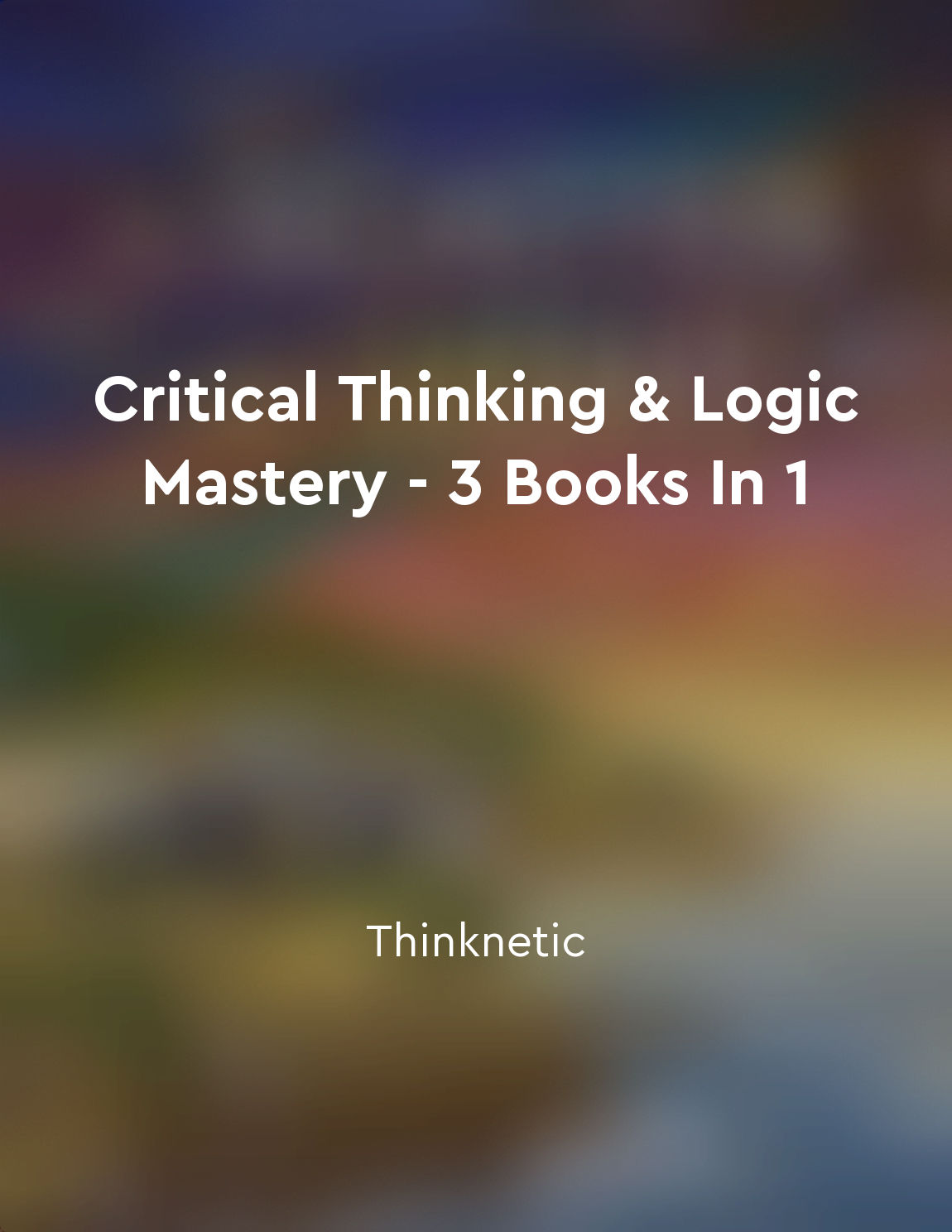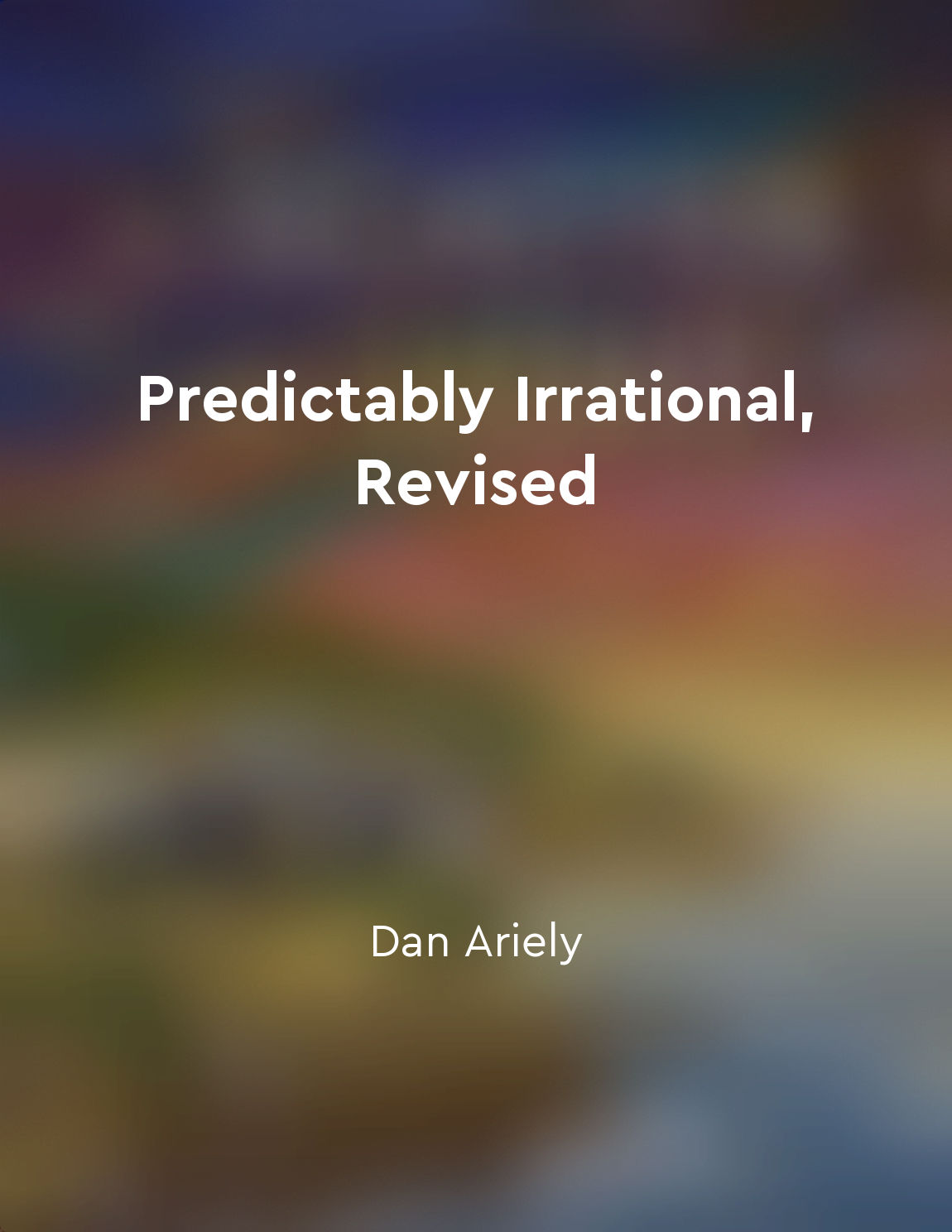Reasoning comes after moral judgments are made from "summary" of The Righteous Mind by Jonathan Haidt
The process of moral judgment is not as straightforward as we might think. It is commonly believed that we first engage in reasoning and then come to a moral judgment based on that reasoning. However, this sequence is not entirely accurate. In reality, moral judgments are often made intuitively and emotionally, driven by our gut reactions. Only after these judgments are made do we engage in reasoning to justify and rationalize our initial gut feelings. This process can be seen in various studies where participants first make a moral judgment and only then come up with reasons to support their judgment. This phenomenon can be explained by the dual-process theory of moral judgment, which posits that we have two systems for making moral judgments - an intuitive system and a reasoning system. The intuitive system operates quickly and automatically, relying on emotions and intuitions to make snap judgments. On the other hand, the reasoning system is slower and ...Similar Posts
Moral diversity leads to societal strength
Moral diversity, like all diversity, is a source of strength. When people come together with different backgrounds, perspective...

Acknowledging counterarguments strengthens one's position
When presenting an argument, it is essential to acknowledge counterarguments that may arise. This practice not only demonstrate...

The importance of cultivating virtues such as kindness, honesty, and humility in achieving happiness
In our pursuit of happiness, it is essential to recognize the significance of cultivating virtues such as kindness, honesty, an...

Mental fatigue impairs decision making abilities
The idea that mental fatigue can diminish our ability to make sound decisions is a crucial insight from "Thinking, Fast and Slo...

Our decisions are influenced by relativity
The concept of how our decisions are influenced by relativity is a fascinating one. It suggests that our judgments are not made...
Treat humanity as an end, not a means
According to Immanuel Kant, treating humanity as an end in itself means not using others merely as a means to an end, but valui...
Judgments are based on past experiences
When we make judgments, we often believe that they are based on reason and rationality. However, upon closer examination, it be...
To act morally is to act in accordance with rational principles that can be universalized
When we consider moral actions, we must think about them in terms of rational principles that are not only personal but also ca...
The ability to reason shapes our instincts
The human mind is a complex organ, capable of both instinctual reactions and reasoned responses. While our instincts are rooted...

Rational thought should guide our beliefs and actions
Reason, the gift bestowed upon us by nature, is the greatest tool we possess to navigate the complexities of life. It is throug...
